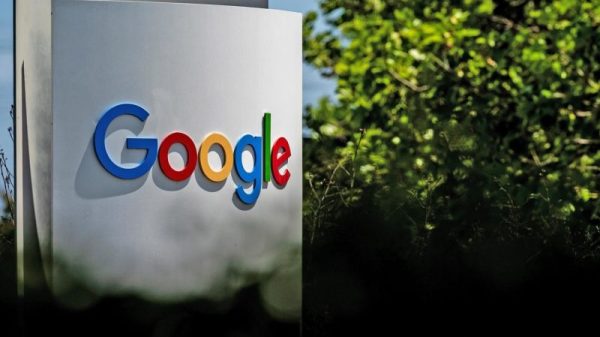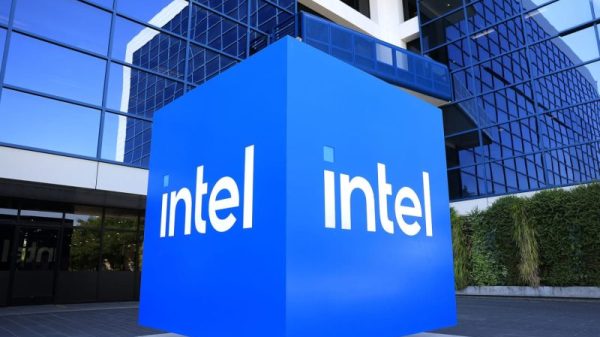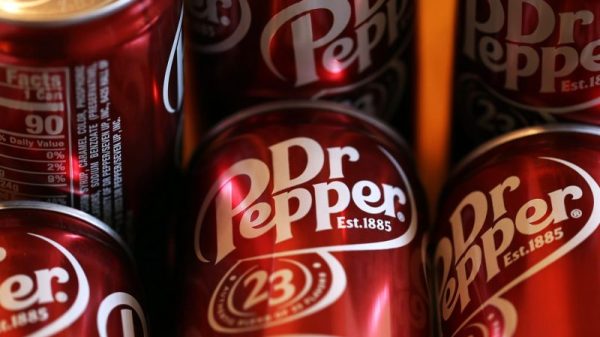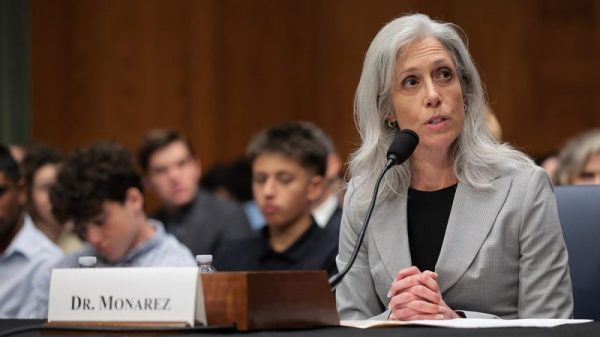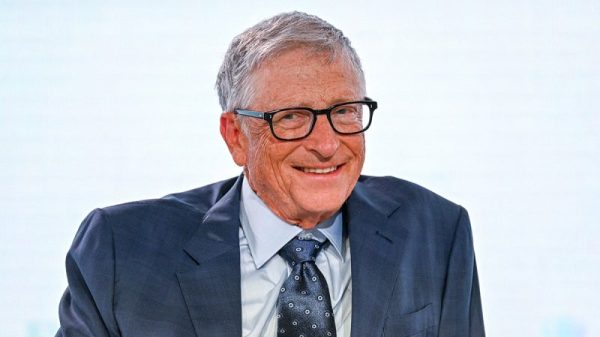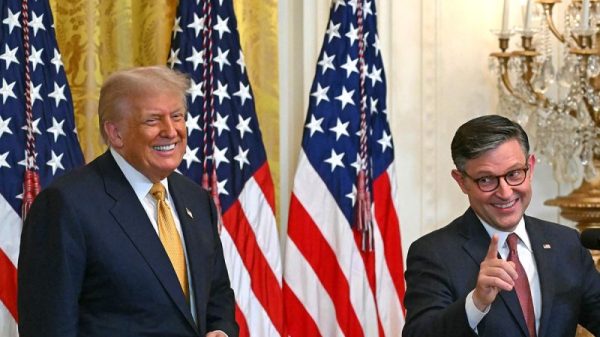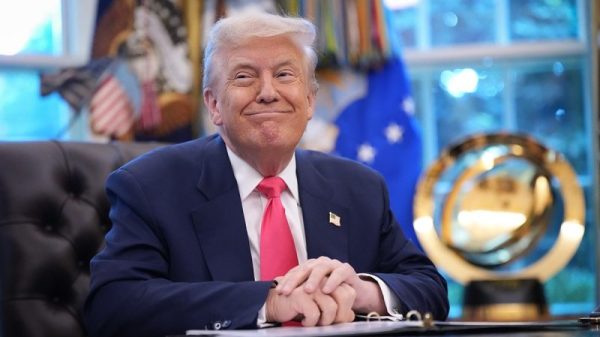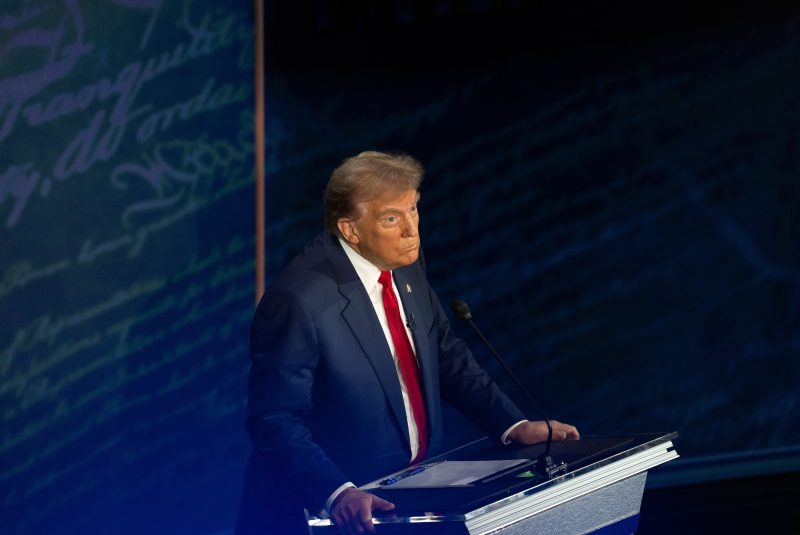In a world where misinformation and fake news run rampant, the need for fact-checking and holding public figures accountable has never been greater. This is especially true in the realm of politics, where leaders wield significant influence over public opinion and policy decisions. Recently, former President Donald Trump has made headlines for his ongoing battles against real-time fact-checks, raising important questions about transparency, accountability, and the intersection of social media and political discourse.
One of the key points of contention between Trump and fact-checkers is his use of social media platforms such as Twitter to disseminate information and communicate with the public. Trump’s tweets have often been a source of controversy, with critics pointing to instances of false or misleading claims made by the former president. In response, platforms like Twitter have begun to implement fact-check labels on certain posts in an effort to provide users with additional context and verified information.
However, Trump has not taken these fact-check labels lightly. In fact, he has frequently lashed out against them, claiming that they are politically biased and an infringement on his freedom of speech. This tension reached a boiling point during the 2020 presidential election, when Trump’s claims of widespread voter fraud and election rigging were met with fact-check labels and warnings from social media platforms. The clash between the former president and fact-checkers underscores the challenges of navigating the delicate balance between freedom of expression and the need for accurate information in the digital age.
Moreover, Trump’s confrontations with fact-checkers raise broader questions about the role of truth and accountability in politics. As a public figure with a massive platform and following, Trump’s words carry weight and can shape public perception and discourse. In this context, the accuracy of his statements becomes a matter of public interest and concern. By challenging fact-checks and doubling down on false claims, Trump not only undermines the credibility of fact-checking institutions but also contributes to a climate of confusion and polarization.
The clash between Trump and fact-checkers also highlights the power dynamics at play when it comes to holding public figures accountable. In an era where misinformation spreads rapidly and unchecked, fact-checkers play a crucial role in providing a counterbalance to false narratives and lies. However, when public figures like Trump use their influence to dismiss or discredit fact-checks, it can create a chilling effect on the efforts to promote transparency and accountability in public discourse.
Ultimately, the ongoing battles between Trump and fact-checkers serve as a stark reminder of the complexities and challenges of truth-telling in the digital age. As technology continues to reshape the ways in which information is disseminated and consumed, the need for robust fact-checking mechanisms and a commitment to honesty and integrity in public discourse has never been greater. By engaging in dialogue, promoting critical thinking, and upholding the principles of accuracy and transparency, we can work towards creating a more informed and responsible society for future generations to come.







